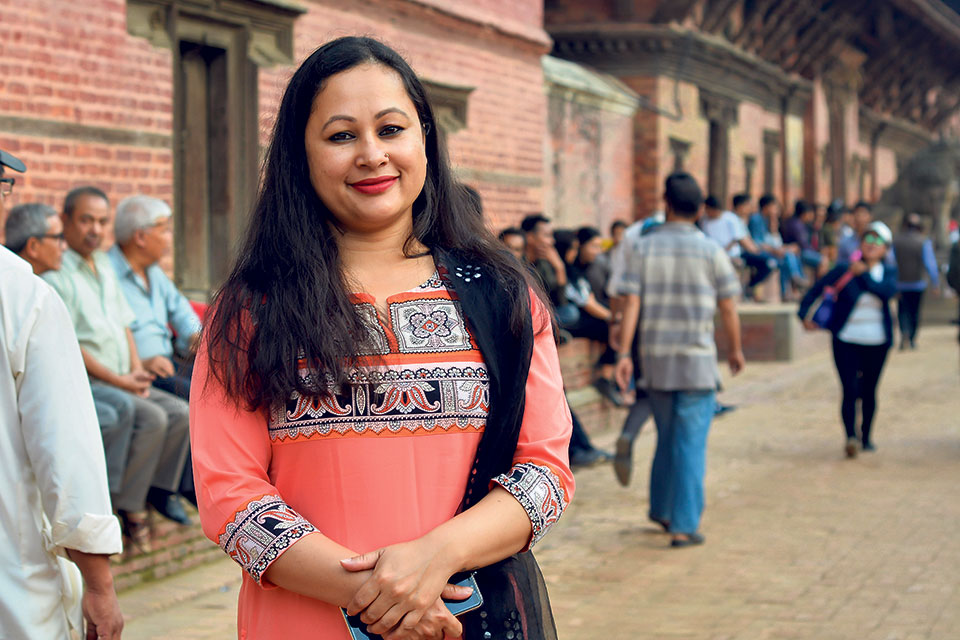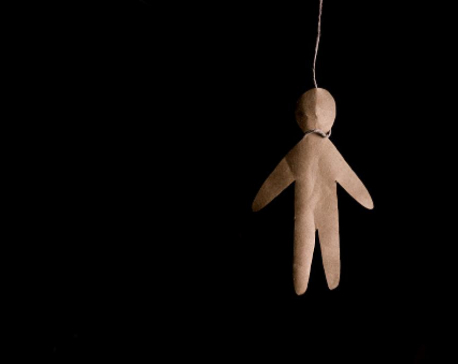
OR

Minakshi Rana found it extremely difficult to balance her personal and professional life at the beginning of her career. Her ambition to be an established psychotherapist and gestalt counselor took a toll on her and she always found herself unable to brush work off her mind even when she was done for the day.
“Listening to stories of domestic violence, conflict, and burn violence during my counseling sessions made me take a lot of mental stress back home,” says Rana explaining how she constantly found herself trying to solve her client’s problems even after her office hours. It was almost impossible for her to put a mental barrier between her work life and personal life.
“I frequently felt at war with myself. It was not easy to deeply understand my client’s problems and at the same time stay emotionally detached from them,” says Rana. However, after more than a decade long practice, Rana says that she has learnt how to not allow her professional life to overpower her personal space.
According to Rana, one of the major difficulties of working as a psychotherapist in Nepal is that people do not understand the importance of mental health. Many clients come to her for counseling only when they have reached an extremely vulnerable state. She feels that there is still a stigma on mental health and psychological problems which is why people hesitate to talk about it.
But things are definitely changing after the earthquake. “These days, I get patients who are tying to better their lives before they reach an extreme state of psychological disorder,” says Rana.
According to her, the post-earthquake trauma that many people experienced helped them to empathize with others who were facing similar distress due to various other reasons. That is how taboos attached to psychological counseling have decreased in and around Kathmandu Valley after the devastating quakes of 2015.
“Now I even get people who come to manage their stress anxiety which is a good thing. It is extremely important to be mentally healthy and stable,” she says.
Rana also counsels and helps burn survivors for free every Sunday. She feels responsible for making a difference in the society through her work and wants to do so by helping burn victims. “I was working as a psychotherapist and counselor at an organization to help burn victims a few years back. But one day the organization decided to discontinue these counseling sessions. I felt that it would be unethical to leave these victims mid way so I started treating them for free at my private sessions,” says Rana.
Talking about one of her clients who is a burn survivor, Rana says that it can sometimes take years to recover from such incidents. She has been counseling the burn victim for four years now. The victim has been able to go back to living her life and earning her own money but they have not yet been able to reach the root of her psychological problem. This explains how such treatments are subjective to each person.
“One of my clients was burnt by her husband for dowry. We could hear her scream in the hospital due to pain. But in her case it wasn’t physical pain but a grave mental suffering,” says Rana. According to her, these incidents not only cause physical damage but they equally cause societal and psychological stress to the victims.
Rana also discovers new things and gets to learn a lot while treating her clients. One such incident was when one of her burn victims was recovering very slowly. Her wounds were taking much longer than usual to heal. “After I started counseling her, it was interesting to realize that delay in physical healing was due to mental tension and trauma,” says Rana adding that she soon started healing quickly after getting some good advice and counseling.
According to her, one of the major reasons why mental health issues should be taken seriously is because it can slowly hamper a person’s entire body and wellbeing. Due to extreme mental stress or anxiety people are often not able to identify with themselves and their surroundings.
“Most of these psychological illnesses are curable. So we should learn to treat them like any other disease. That way we will be able to create a society where mental health is not stigmatized,” says Rana adding that she might still not be able to keep her personal and professional life separate but she is, in her own little way, making a difference and that’s all that matters.
You May Like This

Suicide is not the answer
Suicide is an illegal way of ending your own life to preassembly escape from pain and suffering. Globally, eight hundred... Read More...

Let bygones be bygones
All I want is to sway you from your ground Hold you tight and not let you go ever And... Read More...

Born different, Born able
‘K herya’ is the sticker in my phone to show when people stare at me for too long,” says Rewati. Read More...





Just In
- Weather expected to be mainly fair in most parts of the country today
- 120 snow leopards found in Dolpa, survey result reveals
- India funds a school building construction in Darchula
- Exploring opportunities and Challenges of Increasing Online Transactions in Nepal
- Lack of investment-friendly laws raises concerns as Investment Summit approaches
- 550,000 people acquire work permits till April of current fiscal year
- Fixing a win by outlawing dissent damages democracy
- MoHP cautions docs working in govt hospitals not to work in private ones











_20220508065243.jpg)
Leave A Comment